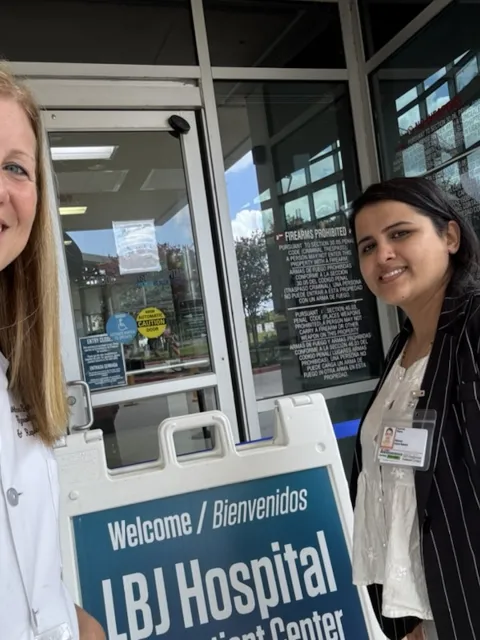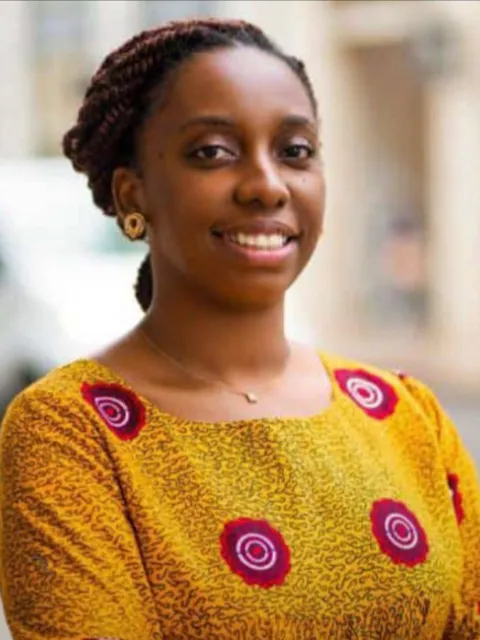Looking back, thinking ahead: how UICC Fellows strengthened the cancer community, inspired change, and delivered projects in 2018

A year in review
2018 was an exciting year for the Fellowship programme, during which 73 cancer professionals and health workers from around the world were given the opportunity to visit a world-class mentor in their field and develop important new skills and knowledge in all aspects of cancer control. The expectation is for these individuals to implement the skills they have learned upon their return home and that they, in turn, disseminate them to their colleagues or community. The main objective of the Fellowships programme is to facilitate the exchange of knowledge and skills and build capacity of the health workforce. A recent survey of Fellows one year after their return home revealed that over 90% of Fellows are still in touch with their host supervisors, thus fostering the formation of networks and long-term international collaborations.
In 2018, the Fellowship programme received applications from countries as diverse as the Democratic Republic of Congo, the Philippines, Hungary, Mongolia and Costa Rica. Together, the Technical Fellowships programme and its sub-programme dedicated to Francophone Africa, Bourses pour l’Afrique Francophone, received 127 applications and awarded 53 fellowships. I was particularly pleased by the fact that health workers from low-income countries in Francophone Africa, such as Burkina Faso, Gabon and Niger, applied and were awarded fellowships through the Francophone Africa programme, as we have received few applications from these countries in the past.
The YY study grant programme allowed five established cancer investigators to participate in three-month collaborative visits to further cancer research, while the African Cancer Fellowship programme gave 13 cancer professionals chance to attend a dedicated Master Course and workshop at the World Cancer Congress in Malaysia in 2018. It was a privilege to meet such an amazing group of dedicated individuals all so enthusiastic about their work in cancer care delivery in Africa. The World Cancer Congress was well attended by over 70 fellows, and 12 members of the Association of UICC fellows won free registration to present their work in poster sessions. It was great to see how Fellows implement their new knowledge in initiatives back home, for example, by setting up new cervical cancer screening programmes.
Calling for Fellows in 2019
Both the Technical Fellowships and the BAF programme will open on January 31st 2019 and the two programmes will be open for applications all year, allowing applicants more flexibility when planning their fellowship visits. The YY study grant call will open on 14 June and close on 16 September.
Fellowship applications by cancer professionals, researchers or health workers wishing to learn new skills in public health, epidemiology, implementation and translational research, cancer prevention and early detection, treatment, cancer survivorship, palliative care and psychosocial support are all welcome. We have updated the application process so that candidates working in the public health sector, for example, who wish to set up cancer screening programmes in their countries, are able to apply with greater ease. Registered nurses, public health specialists, pathologists, and social workers working in palliative care are all strongly encouraged to apply. We hope that the UICC Fellowship programme will continue to support exchanges that grow the skills and knowledge necessary to help reduce the global cancer burden.
If you have any questions about the different opportunities, how to apply and what sort of support the Fellowships programme can offer to health workers in the cancer field, please contact us on fellows@uicc.org.
Last update
Thursday 20 August 2020Share this page


